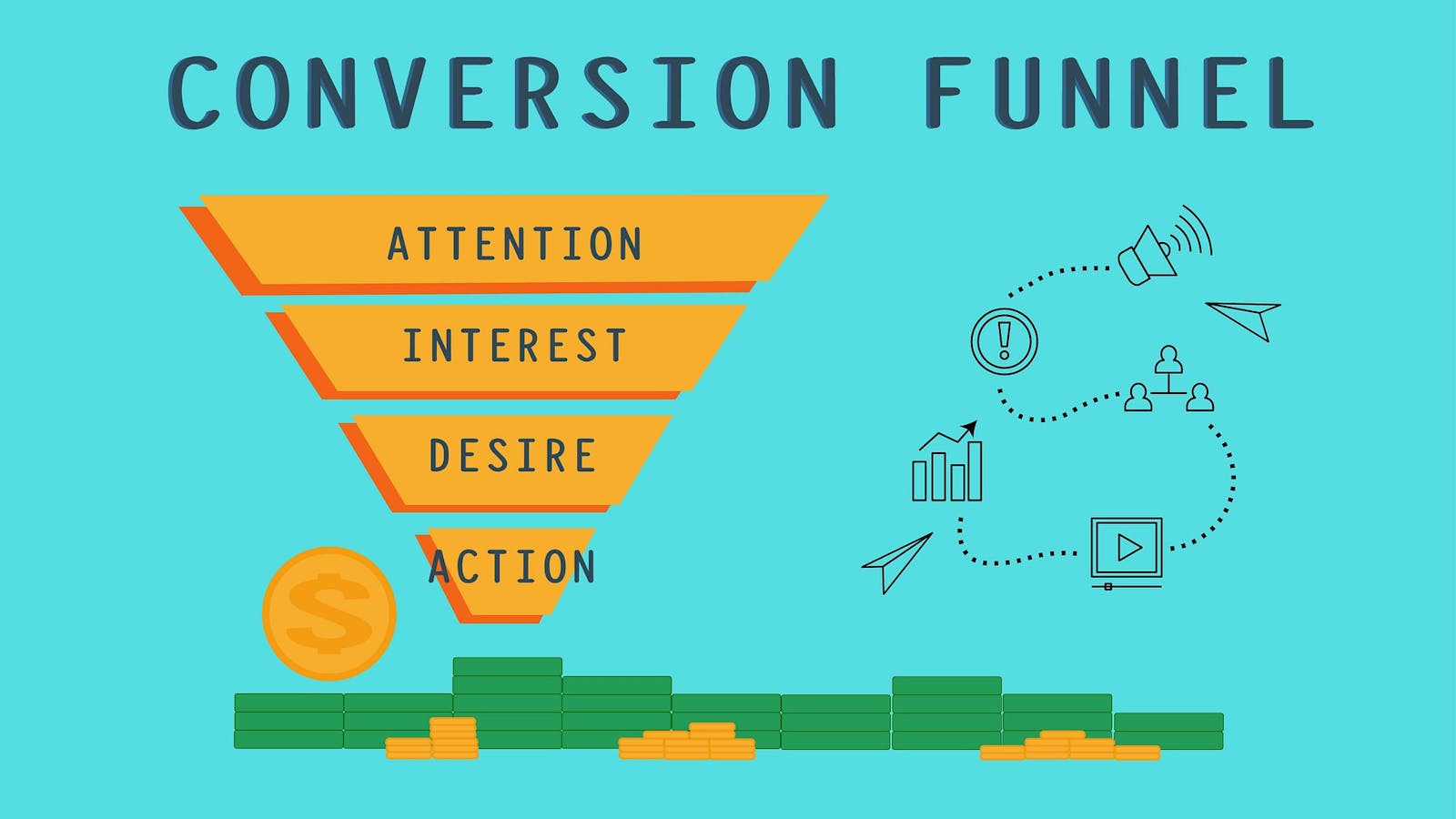
20 Email Marketing Ideas to Test This Fall
Boost Your Opens and Conversions Before Year-End
CP Advertising
8/27/2025
CP Advertising
8/27/2025
As the leaves begin to change and Quarter 4 approaches, fall presents a unique opportunity for marketers to test new strategies and optimize their email campaigns before the crucial holiday season. With consumers shifting from summer vacation mode to focused preparation for the holidays, your audience is primed for engagement—if you know how to capture their attention.
Fall is the perfect testing ground because it offers a sweet spot: your audience is re-engaged after summer, but not yet overwhelmed by holiday promotions. This creates an ideal environment to experiment with new approaches, refine your messaging and build momentum for your year-end campaigns.
Here are 20 proven email marketing strategies to test this fall, each designed to boost both open rates and conversions while preparing your list for maximum impact during the holiday season.
Subject Line and Preview Text Experiments
1. Test Seasonal Urgency Without Holiday Pressure
Fall creates natural urgency without the overwhelming pressure of Christmas deadlines. Test subject lines that leverage seasonal transitions: "Before Winter Arrives..." or "Last Chance Before Holiday Rush." This approach taps into the psychological shift people feel as summer ends without triggering holiday email fatigue.
2. Experiment with Temperature-Based Emotional Triggers
Weather changes affect mood and purchasing behavior. Test subject lines that reference the cooling weather: "Cozy Up With..." or "As Temperatures Drop..." These emotional triggers work particularly well for service-based businesses and comfort-focused products.
3. Try Question-Based Subject Lines with Fall Themes
Questions create curiosity gaps that compel opens. Test autumn-themed questions: "Ready for Fall's Biggest Challenge?" or "What's Your October Game Plan?" These perform especially well when followed by preview text that hints at the solution without giving it away.
4. Test Preview Text as a Conversation Starter
Use your preview text to continue the conversation from your subject line rather than simply repeating it. If your subject line says "Fall Planning Made Simple," your preview text might say, "Here's the one strategy that changes everything..." This creates a narrative flow that increases engagement.
Timing and Frequency Testing
5. Test the "Tuesday at 10 AM" Sweet Spot
Fall brings renewed focus and routine. Test sending campaigns on Tuesday mornings at 10 AM when people are settled into their week but not yet overwhelmed. This timing often outperforms traditional Monday sends because it avoids the weekend email backlog.
6. Experiment with Weekend Planning Emails
As people prepare for busy fall schedules, weekend planning emails can capture attention. Test Saturday morning sends (8-9 AM) with content focused on weekly preparation, goal setting or upcoming opportunities.
7. Try Micro-Campaign Sequences
Instead of monthly newsletters, test sending shorter, more frequent emails over 3-5 day sequences. This approach works well for fall because people are in planning mode and more receptive to bite-sized, actionable content.
8. Test "End of Workday" Sends
With shorter daylight hours, people's evening routines shift earlier. Test sending emails at 4:30-5:00 PM when people are winding down their workday but still mentally engaged.
Content and Messaging Strategies
9. Test Behind-the-Scenes Fall Preparation Content
Share your own fall preparation process—how you're getting ready for Q4, planning for next year or organizing your business. This content feels authentic and timely while positioning your organization as something worth following.
10. Experiment with "Fall Cleaning" for Digital Life
Just as people do spring cleaning, test content around "fall organizing" for digital life, business processes or personal systems. This resonates with the natural desire to prepare and organize as the year winds down.
11. Try Educational Content with Seasonal Deadlines
Create educational content tied to fall deadlines: "Tax Extension Planning Before October 15th" or "Benefits Enrollment Essentials." This approach provides value while creating natural urgency.
12. Test Gratitude-Focused Messaging
Fall naturally leads to Thanksgiving and reflection. Test incorporating gratitude into your messaging—thanking subscribers, highlighting community wins or celebrating progress made throughout the year.
Visual and Design Testing
13. Experiment with Warm Color Palettes
Test email designs using fall colors—deep oranges, rich browns, golden yellows. These colors can increase engagement because they align with seasonal psychology and create visual warmth that draws readers in. Who doesn't love a dash of cozy?
14. Try Minimalist Designs with One Bold Element
As people become more focused heading into year-end, test cleaner email designs with one standout element—a bold CTA button, striking header image or prominent quote. This reduces decision fatigue and improves conversion rates.
15. Test Mobile-First Layouts with Thumb-Friendly CTAs
With fall activities keeping people on-the-go, ensure your emails work perfectly on mobile. Test larger CTA buttons, shorter paragraphs and single-column layouts optimized for thumb scrolling and tapping.
Personalization and Segmentation Tests
16. Try Behavior-Based Fall Segmentation
Segment your list based on summer engagement levels. Create different fall campaigns for highly engaged subscribers versus those who went dormant during summer months. Re-engagement campaigns for dormant subscribers can be particularly effective in fall.
17. Test Geographic Personalization
Fall arrives at different times across regions. Test location-based messaging that references local weather, seasonal events or regional fall activities. This creates immediate relevance and connection. Remember: Fall in Mississippi is not the same as fall in Vermont.
18. Experiment with Time-Since-Purchase Segmentation
Create different messages based on when subscribers last purchased or engaged. Recent customers might receive advanced tips or exclusive offers, while dormant subscribers might need education or special incentives to re-engage.
Call-to-Action and Conversion Testing
19. Test Preparation-Focused CTAs
Fall is all about preparation. Test CTAs that emphasize getting ready: "Prepare Now," "Set Yourself Up for Success" or "Get Ahead of the Rush." These align with fall psychology and can improve conversion rates.
20. Try Limited-Time Fall Offers with Rolling Deadlines
Instead of traditional sales, test offering "Fall Preparation" packages or services with rolling deadlines throughout the season. This creates multiple conversion opportunities while maintaining urgency.
Implementation Strategy
To maximize the impact of your fall testing, implement these ideas systematically. Start with 2-3 tests per week, focusing on the areas where you have the most room for improvement. Track not just open and click-through rates, but also downstream metrics like conversion rates and revenue per email.
Remember that fall testing serves two purposes: immediate improvement and preparation for your holiday campaigns. The insights you gain from these experiments will inform your most important campaigns of the year.
The key to successful fall email marketing lies in understanding that your audience is in transition—shifting from summer relaxation to focused preparation for year-end goals and holiday activities. By aligning your testing strategy with this mindset shift, you'll not only see immediate improvements in engagement and conversions but also build the foundation for a successful holiday season.
Start implementing these tests now, and you'll enter Q4 with a refined, high-performing email marketing strategy that's ready to capture maximum attention and drive results when it matters most.
Your brand deserves an audience that truly listens. Contact us today to schedule your partnership discovery call.


